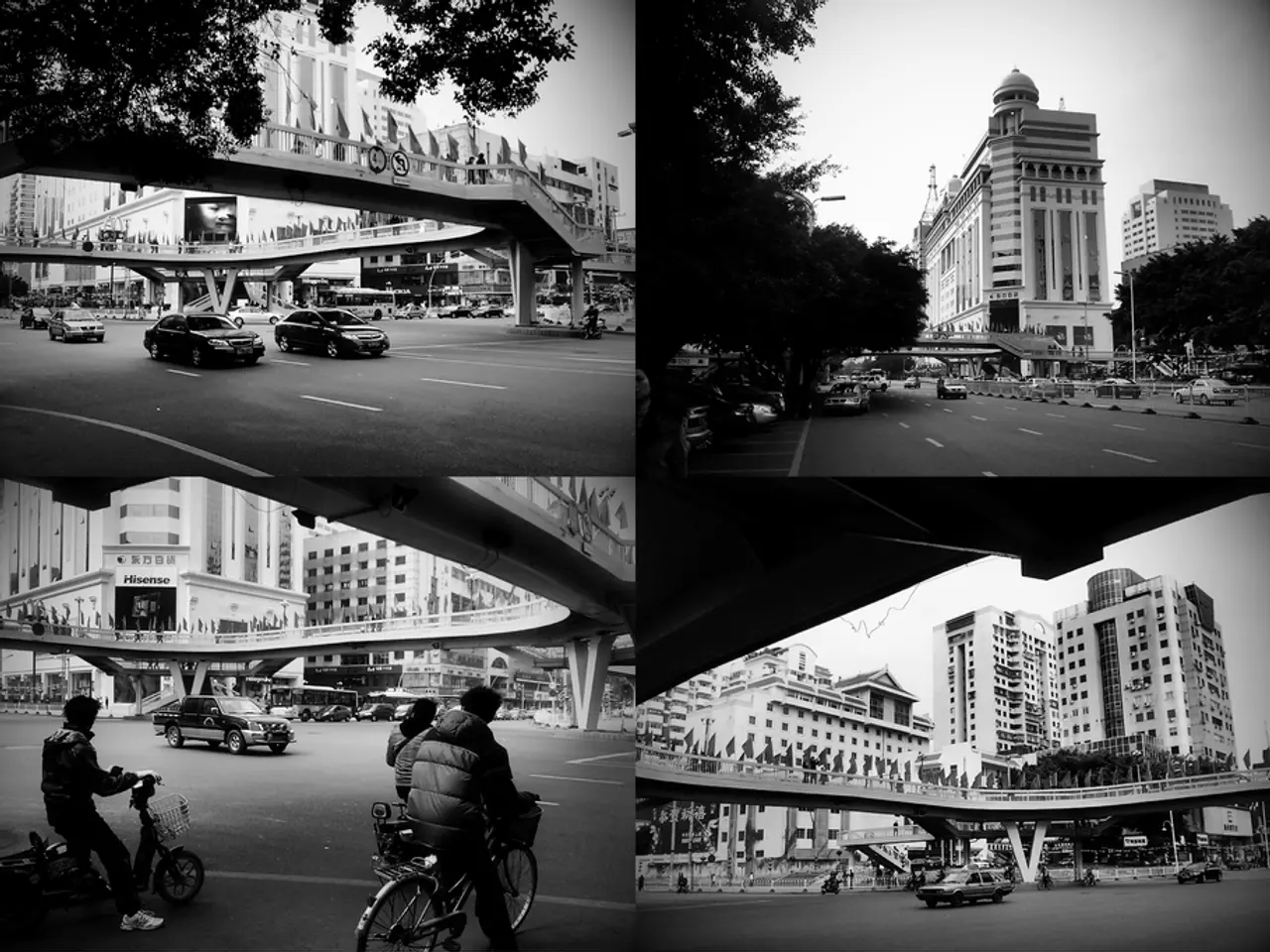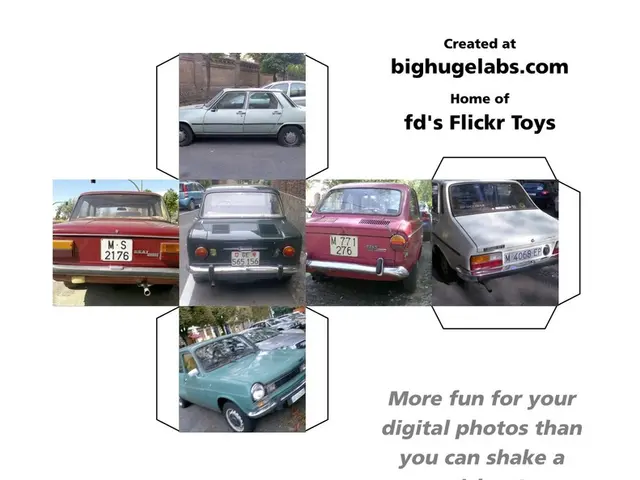Robotaxi Service provided by Waymo Surpasses 10 Million Paid Rides; San Jose Extension Gets Green Light
Waymo, the autonomous vehicle subsidiary of Alphabet Inc., is making significant strides in expanding its commercial robotaxi operations across California and various U.S. cities. The company has recently received regulatory approval from the California Public Utilities Commission (CPUC) to expand its commercial robotaxi operations in the San Francisco Bay Area, including San Jose and much of Silicon Valley.
The expanded service area covers over 85 square miles, and Waymo is looking forward to bringing its fully autonomous commercial ride-hailing service to the South Bay and nearly all of San Jose in the future. Co-CEO Tekedra Mawakana emphasized that building a sustainable business is a top priority for Waymo.
In California, Waymo already operates in cities like San Francisco and San Diego, with expansion testing using manually driven vehicles starting in San Diego in 2025. For the broader U.S., Waymo plans to significantly grow its fleet by adding 2,000 fully autonomous Jaguar I-Pace electric vehicles to its existing 1,500-vehicle fleet and bring newer vehicle models, including the all-electric Zeekr RT and Hyundai Ioniq 5 SUVs, integrated with its sixth-generation self-driving technology.
Waymo will launch its fully autonomous ride-hailing service in Dallas in 2026, partnering with Avis Budget Group for fleet operations, maintenance, and infrastructure support. This partnership aims to scale autonomous mobility in Dallas and expand to additional cities soon after. Other cities targeted for current or upcoming expansion include Austin, Miami, Washington, D.C., Los Angeles, Phoenix, and Atlanta, with plans to begin services in New York and expand further in Washington, D.C. by 2026.
Safety remains central to Waymo's long-term approach, and the company has completed over 10 million paid robotaxi rides, covering over 700 square miles in the U.S., and has logged over 100 million fully autonomous driverless miles by mid-2025. The company has also expanded its manufacturing capabilities with a new 239,000-square-foot autonomous vehicle factory near Phoenix, designed to integrate new generations of its self-driving tech into future vehicles, supporting broader scaling efforts.
In addition to its expansion plans, Waymo is launching service in Atlanta through a partnership with Uber, and early access to Waymo's service in Atlanta is now open to selected users. The approval opens the door for future access to San Francisco International Airport, although details about Waymo's operations in the airport are not yet available. Mawakana stated that there is a path to profitability for Waymo's robotaxi service, but no changes are expected in the near-term due to the CPUC approval in the South Bay and nearly all of San Jose.
- Waymo's expansion of its autonomous ride-hailing service extends beyond the San Francisco Bay Area, as it aims to bring the service to nearly all of San Jose and the South Bay, which falls within the transportation industry.
- The company's plans for growth in the automotive sector include adding 2,000 fully autonomous Jaguar I-Pace electric vehicles to its existing fleet, integrating newer vehicle models with its sixth-generation self-driving technology, and launching its service in Dallas, partnering with Avis Budget Group for support.
- In terms of business and technology, Waymo has completed significant milestones, such as logging over 100 million driverless miles, opening early access to its service in Atlanta through a partnership with Uber, and expanding its manufacturing capabilities with a new autonomous vehicle factory.




